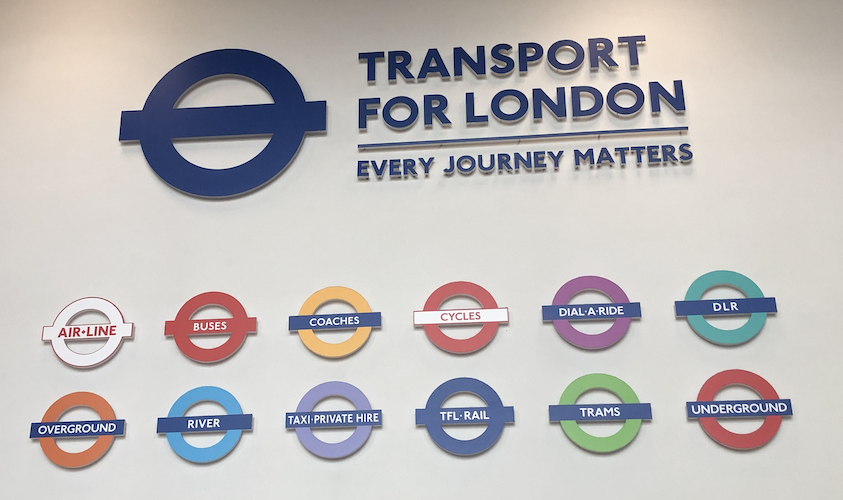Transport for London has received a vote of confidence in its financial situation in the form an improved assessment of its ability to service debt, but its finance chief has warned that long-term funding help from national government is still urgently required.
The investors service of US business and financial services company Moody’s upgraded its long-term rating for TfL from stable to positive, a change likely to enhance TfL’s capacity to borrow money and strenghten its reputation as a well-run public sector business.
However, while welcoming the change, Rachel McLean, TfLs’ chief finance officer, emphasised that the agency’s current funding agreement with the government, reached after intense negotiations last year, will expire next March and that the need for investment in such as new trains and technology remains acute.
With passenger numbers continuing to inch up following the slump during the pandemic, and with the new Elizabeth line carrying record numbers, TfL says it is on course to achieve a “sustainable” operating position during the current financial year, meaning bringing in more money than is spent running its services day-to-day.
However, McLean stated that discussions are continuing with the government about capital investment for 2024/25 and beyond and added: “Certainty over this capital investment support is absolutely vital to continue to grow ridership, maintain services and assets and support jobs and economic growth around the country through our supply chain.”
The Moody’s assessment noted that such a multi-year settlement, with minimal conditions imposed on how the money should be spent, could help further improve TfL’s financial rating, while the lack of one could have the opposite effect.
TfL’s budgetary situation was affected during the pandemic by the near total collapse of income from fares due to Londoners, commuters and visitors following government instructions to stay at home and, if possible, work from home too, and by a series of short-term emergency support deals with numerous conditions attached to them, as people around the then Conservative Prime Minister and ex-London Mayor Boris Johnson sought to impose their own priorities on the current Mayor, Labour’s Sadiq Khan.
Andy Byford, the now former TfL Commissioner who led the organisation throughout most of the Covid-19 period, complained of “never-ending, exhausting, frustrating negotiations with government over funding” making his job “the hardest I’ve ever done”.
TfL is seeking help to continue replacing new Piccadilly line trains, many of them being made in Yorkshire, and to be able to place orders for new Bakerloo line trains. Existing trains on both lines are at least half a century old. Money for new Docklands Light Railway and London Trams rolling stock, in each case approaching 25 years in service, is also being sought.
X/Twitter: On London and Dave Hill. Threads: DaveHillOnLondon. If you value On London and its coverage of the capital, become a supporter or a paying subscriber to Dave Hill’s personal Substack for just £5 a month or £50 a year. In return, you’ll get a big, fab weekly London newsletter and offers of free tickets to top London events.

